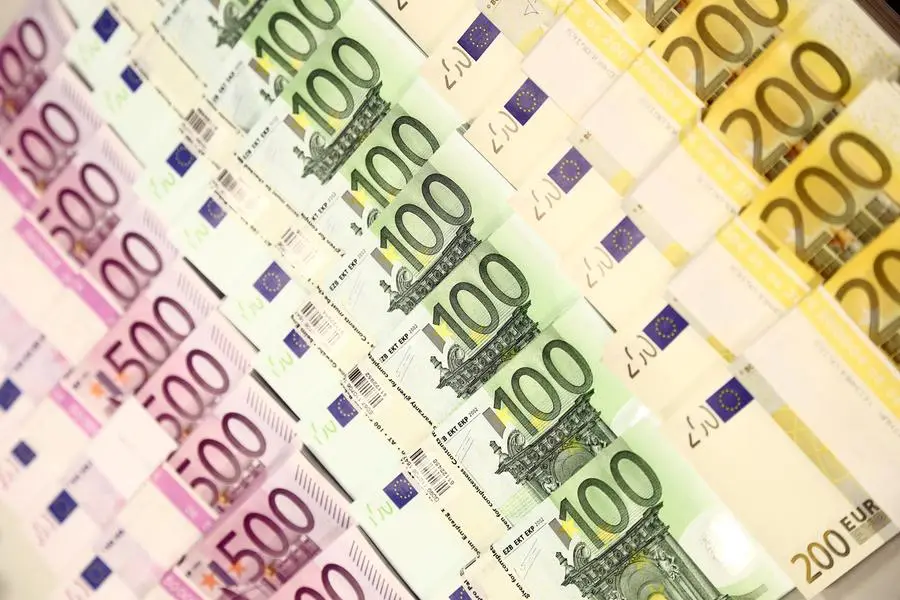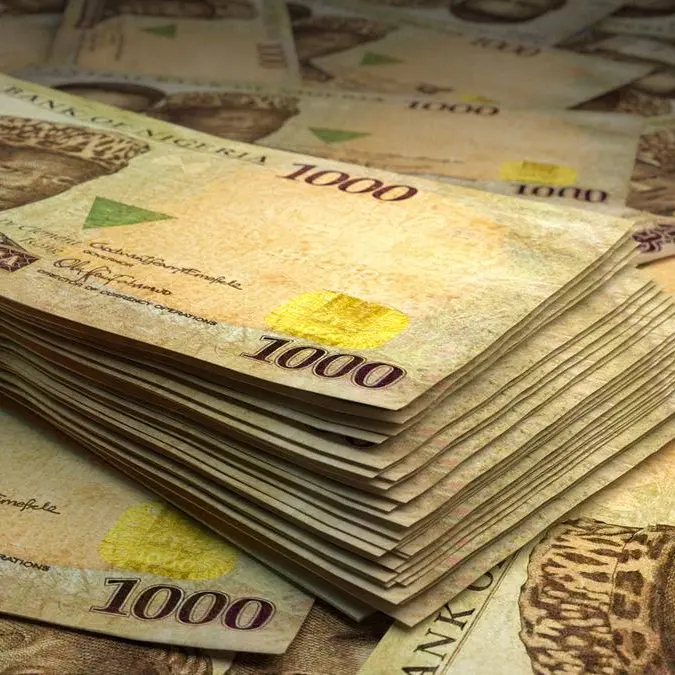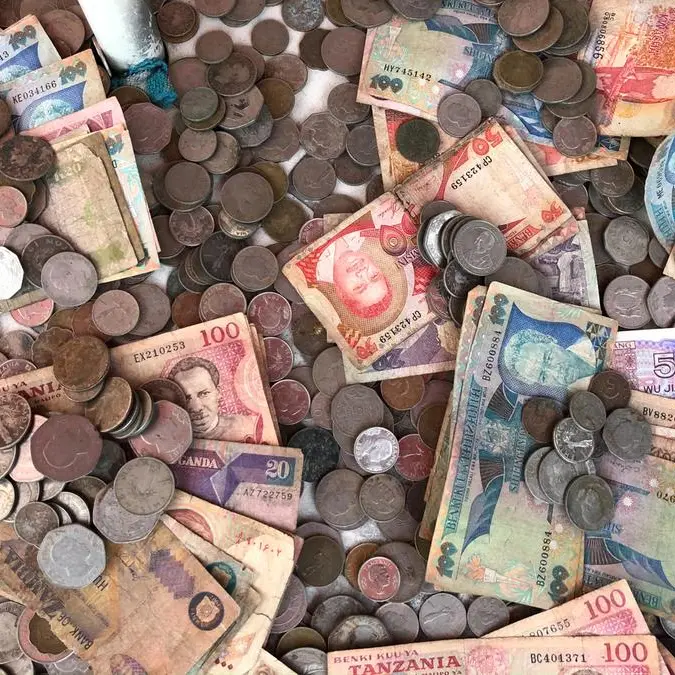PHOTO
Euro zone bond yields inched lower on Tuesday as investors waited for fresh economic data on Thursday and a meeting of the world's central bankers later in the week.
A wave of calm has swept over markets after a bout of volatility earlier this month, with strong U.S. economic data soothing fears that the world's biggest economy could be heading for a recession.
Germany's 10-year bond yield, the benchmark for the euro zone, was 1 basis point (bp) lower at 2.248%, little changed from the start of the week.
After a slow start to the week investors will have more to ponder on Thursday when purchasing managers' index surveys - gauges of the health of the private sector - are released for the euro zone, Britain and the United States.
The Federal Reserve's annual gathering of the world's central bankers at Jackson Hole in Wyoming also kicks off on Thursday.
The highlight will be a speech by Fed Chair Jerome Powell. Investors will listen closely for any notes of concern about the economy or hints about the size of a potential rate cut in September.
Traders almost fully priced in an outsized 50-bp Fed September rate cut early in August after a weaker-than-expected jobs report. But data since then has reined in those bets, with markets now seeing a 22% chance of a 50-bp reduction.
Germany's two-year bond yield, which is more sensitive to European Central Bank rate expectations, was 1 bp lower at 2.438%.
Italy's 10-year yield was flat at 3.625%, and the gap between Italian and German 10-year yields was 137 bps, steady on the day but down from more than 150 bps in early August.
The size and importance of the U.S. economy and the dollar has long meant European bond markets are heavily influenced by American data and central bank expectations.
Data on Tuesday showed growth in negotiated wages across Germany slowed in the second quarter, potentially bolstering the case for another ECB rate cut in September.
The Bundesbank said in a report that Germany's economy, which has been weighing on the euro zone, is unlikely to recover quickly.
Elsewhere, Sweden's central bank on Tuesday cut interest rates by 25 bps to 3.5% after a rapid fall in inflation.
(Reporting by Harry Robertson and Alun John; Editing by Helen Popper and Sharon Singleton)




















